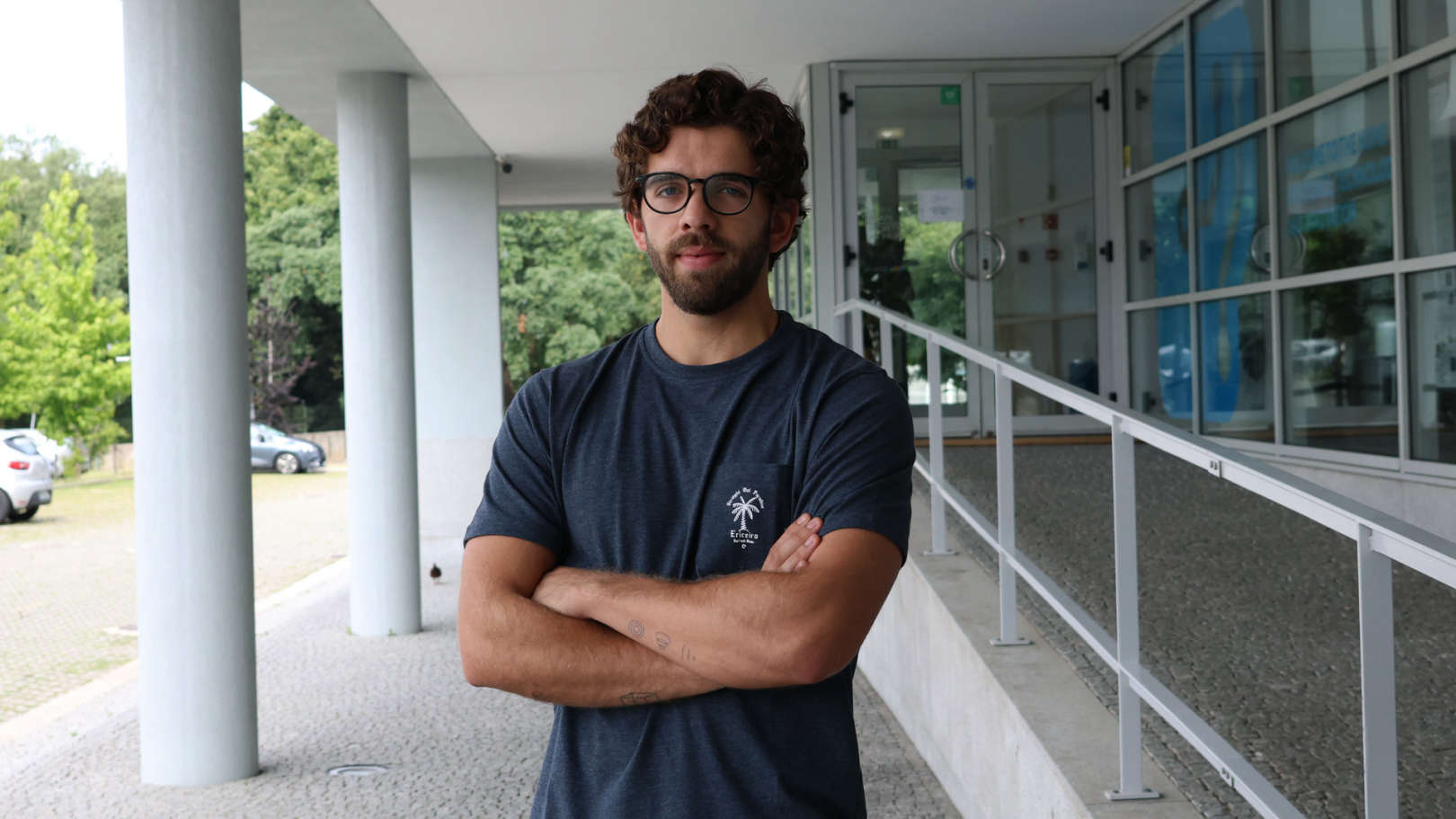Sobre
Rui Sousa nasceu em 1996 em Santa Maria da Feira. Em 2020 completou o Mestrado Integrado em Engenharia Eletrotécnica e Computadores pela Faculdade de Engenharia da Universidade do Porto (FEUP) no ramo de Sistemas de Energia e com especialização em Energia Renovável.
Desde 2021 é investigador no INESCTEC no Centro de Sistemas de Energia, onde vem participado em projetos europeus e atividades de consultoria técnica relacionadas com a dinâmica e estabilidade de sistemas isolados com crescente integração de energia renovável.


